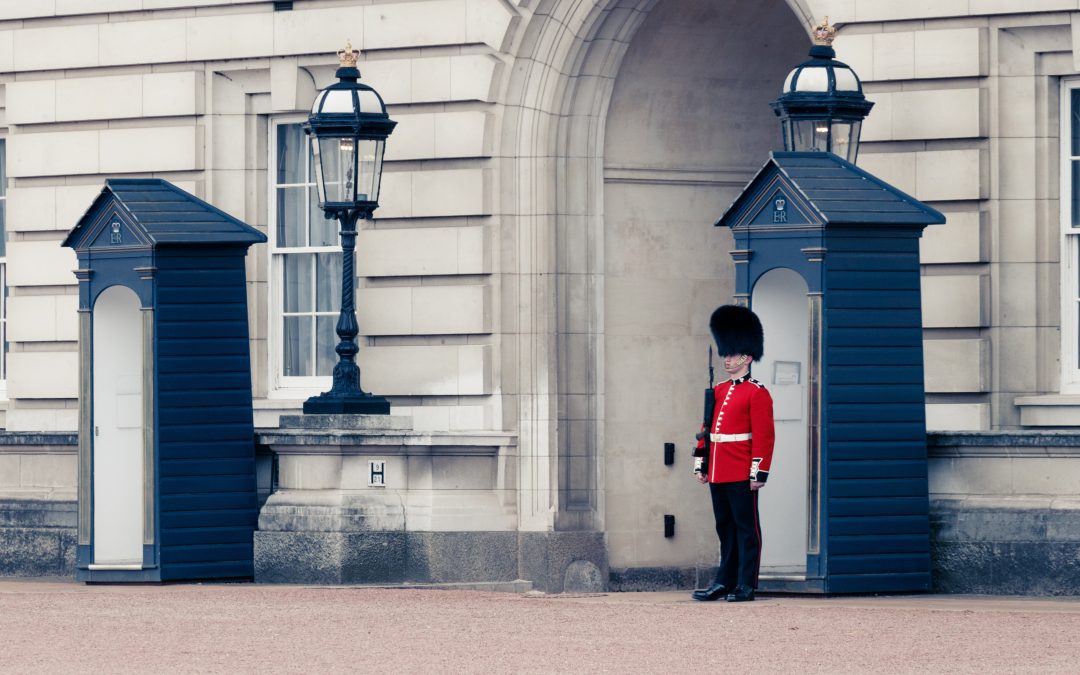The last time I babysat for the Halvorsons, Mikey rolled off the changing table. It was all my fault. A junior higher at the time, I was waiting for a friend to call. When the phone rang a room away, I (stupidly) raced to answer it. Before I could tell my friend I’d be right back, Mikey had hit the (carpeted) floor.
He cried, of course, but thankfully did not sustain any damage from my neglect. Nonetheless, I confessed my sin to his parents, and one can hardly blame them for never calling me back. Their baby could have been seriously hurt on my watch—because I wasn’t watching.
Psalm 121 uses the word watch (Hebrew shamar) six times:
- #1. In verse 3, the psalmist’s friend prayed, “May [YHWH] not slumber—the one watching over you.” Then he spends the rest of the psalm praising YHWH’s watchfulness.
- #2. In verse 4, the friend affirms, “Indeed, he does not slumber. He does not sleep—the one who watches over Israel.” Many English translations (like mine) begin verse 4 with an attention-getting word like “Behold!” or “No!” or “See,” or “Indeed.” These translations are trying to capture a Hebrew word (hinneh) that often points to something new (Look!), but it can also be used to affirm something. Here, it’s the friend’s affirmation that what he has prayed for exactly fits the character of God. YHWH slumber? Never! Doze off? Not gonna happen! He does not slumber. He does not sleep! He is never drowsy or distracted. He never nods off.
- #3. In verse 5 “YHWH is the one watching over you. YHWH is your shade at your right hand.” In a tropical climate like Israel, shade is life-giving protection from the blazing sun. The Bible also speaks of shade or shadow in terms of being cared for and protected in someone’s house, as in Gen. 19:8, where guests were said to be “under the shadow of [their host’s] roof.” Shade shelters from harm. That YHWH is shade “at your right hand” means he’s right there, all the time. Furthermore, YHWH protects by day and by night (v. 6). This is an expression like “heaven and earth,” which means “everything.” Day, night, and everything in between. YHWH’s watchfulness is around the clock.
- #4, #5, #6. Verse 7-8 are a crescendo of YHWH’s watchfulness: “YHWH will ‘watch’ [i.e., “keep”] you from all harm. He will watch over your life. YHWH will watch over your going out and your coming in, from now until forever.”
YHWH’s watchfulness provides continual, and it is comprehensive. YHWH does not sleep. Nothing in heaven above or earth below will ever hurt you.
“But,” you might rightfully protest, “is that really true? I’ve been hurt. God has not protected me from bad things. It sure feels like I’ve fallen off a changing table or two in my life.”
It’s a question worth asking. I won’t solve the problem for you, but next week we’ll reflect on what Psalm 121 contributes to the conversation.
Photo by Patrick Robert Doyle on Unsplash



A lovely piece–I read right over the repetition.
Thanks, Judy! I have found that repetition often jumps out at me more when I go through the Hebrew. Sometimes English translations like to use synonyms instead of preserving the repetition–which can be unfortunate because it’s a great teaching tool!